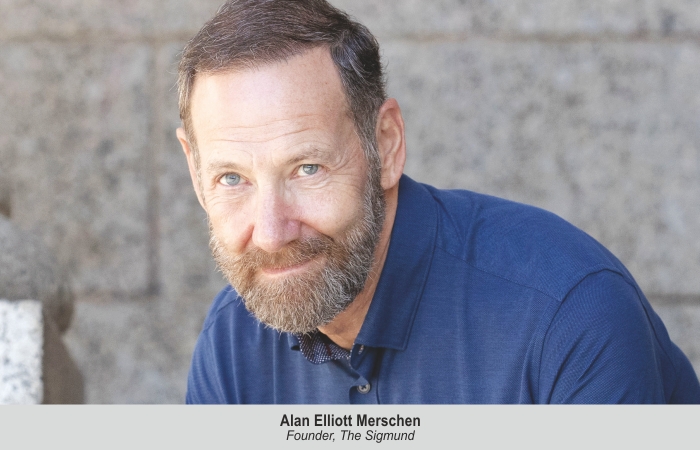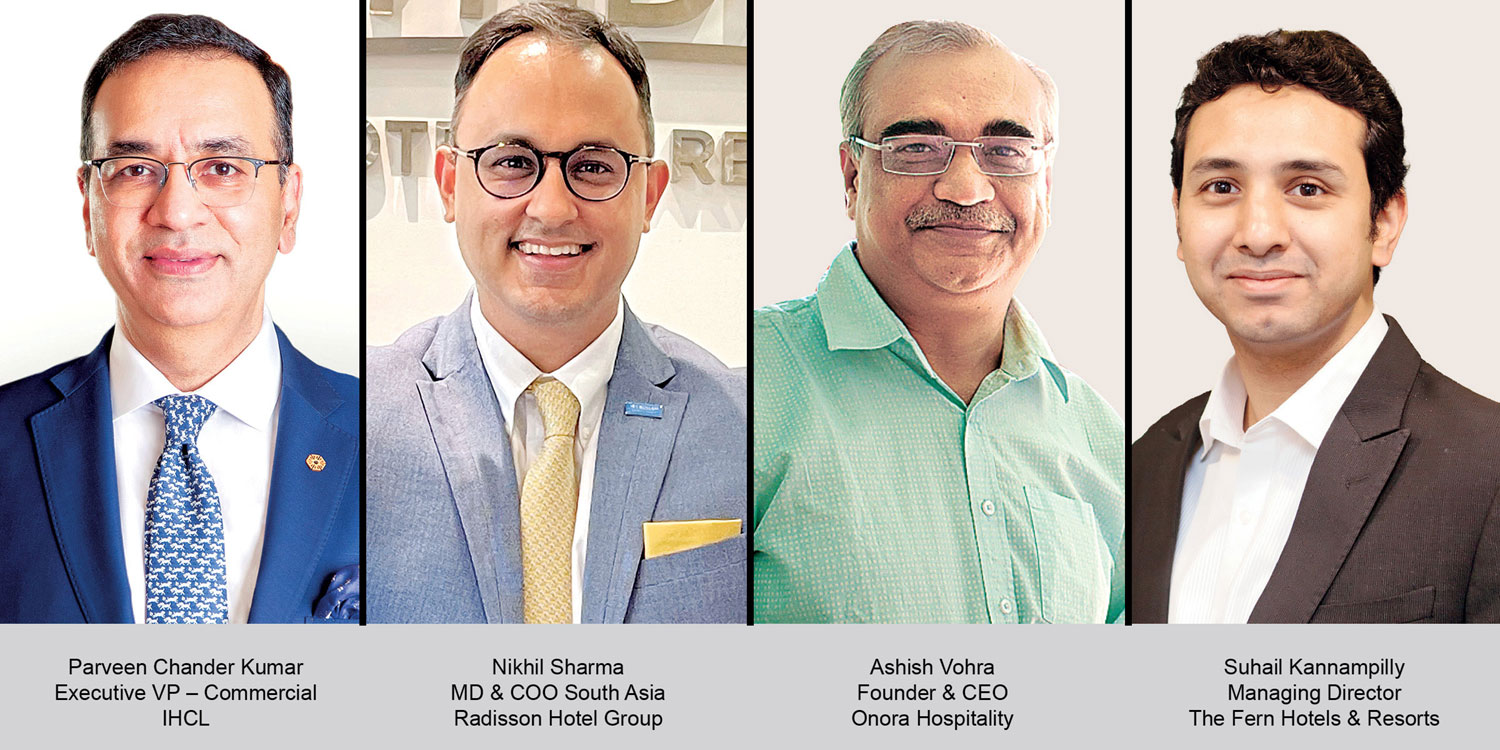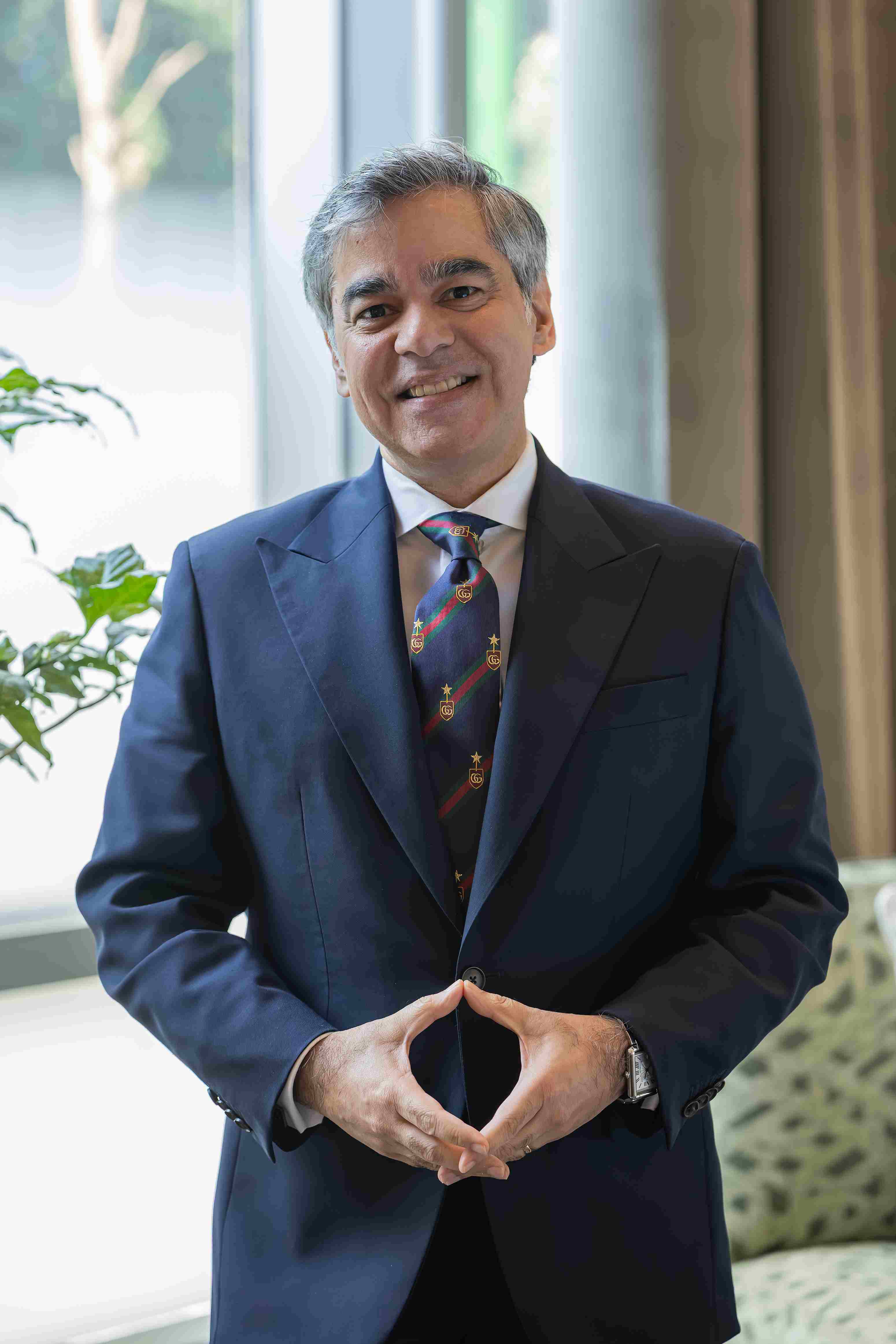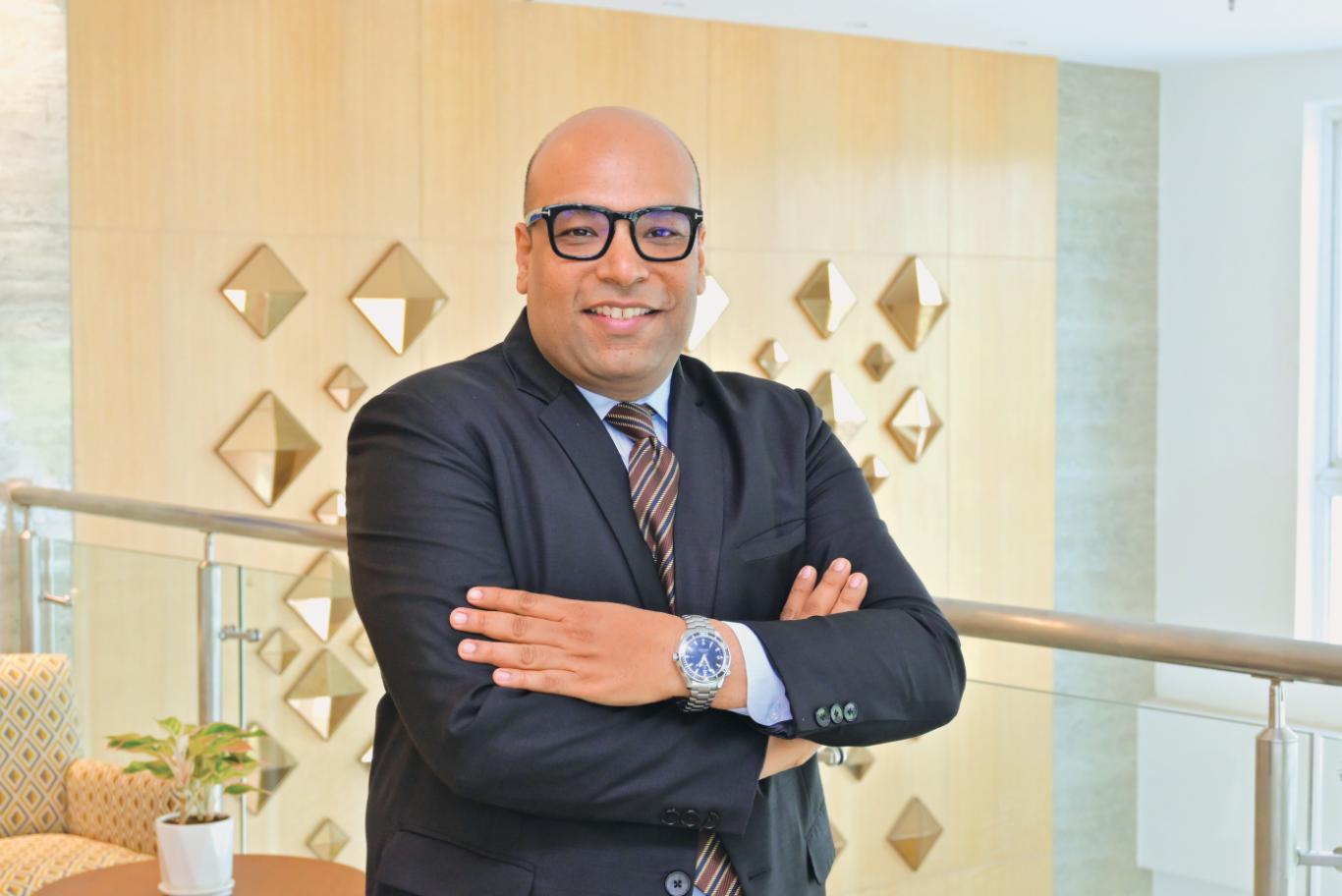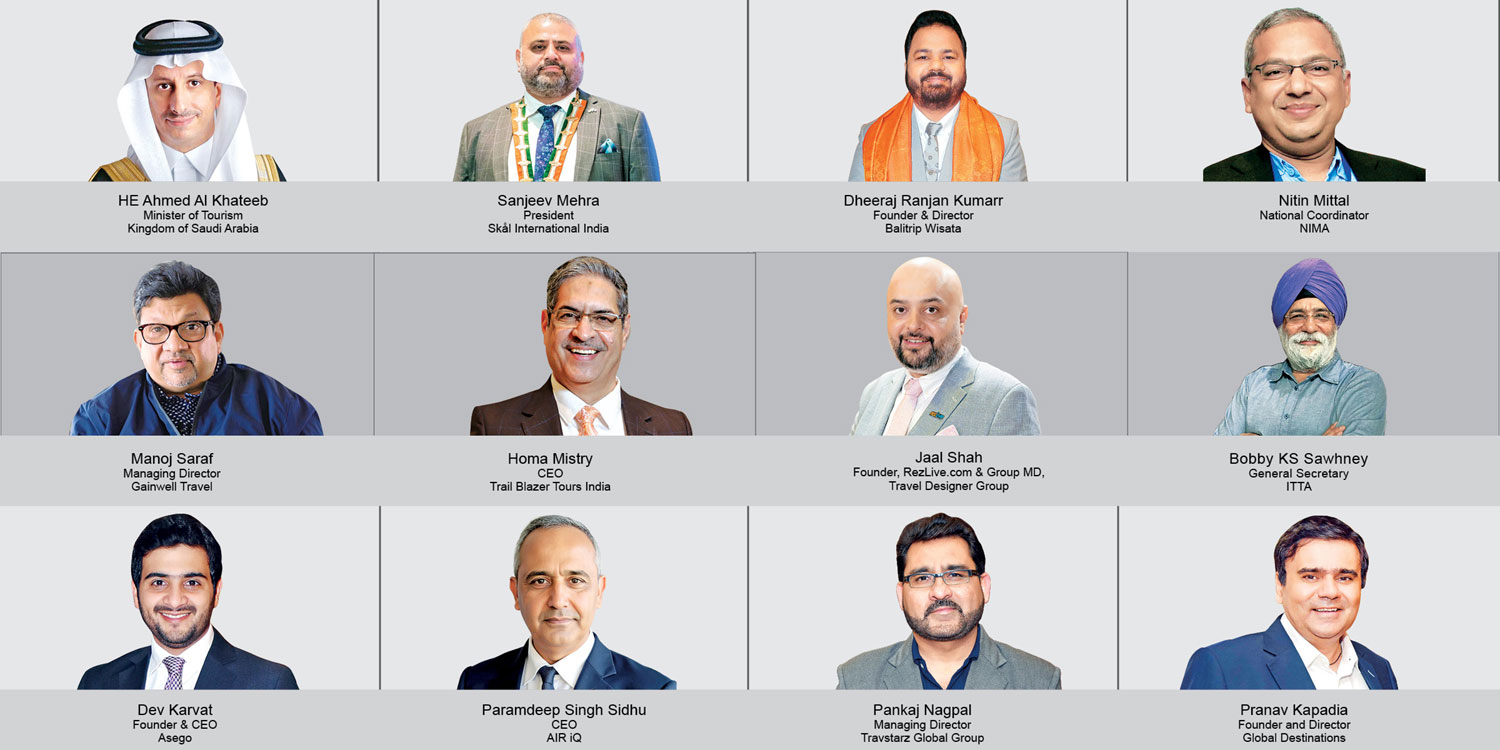Not-for-profit online platform, The Sigmund Project is open to those people who have an idea to advance global tourism industry. As 2022 begins, Sigmund has received more than 100 ideas. Since its launch, online platform has received over 18,000 unique visitors to its site from as many as 108 countries.
Hazel Jain
Launched in June 2021, The Sigmund Project is travel and tourism’s first digital not-for-profit start-up dedicated for innovation and collaboration. Since its launch, the online platform has received over 18,000 unique visitors to the site from 108 countries.
Developed by industry expert Alan Elliott Merschen, The Sigmund Project is open to anyone who has an idea to advance the global tourism industry, be it from small entrepreneurs to MNCs to accommodation providers in transportation sector to varsities and start-ups. As 2022 begins, over 100 ideas were received by Sigmund through its Open Source programme on the website.
“We definitely see a trend towards sustainability based on consumer interest. Many of the creative ideas we see, include an equal focus on profit, people, and the planet. We are encouraged to see that everyone who submits an idea has a clear understanding of how their idea relates to all three disciplines, as well as which UNSDGs will be improved as a result of their idea coming to fruition,” said Merschen.
Are there any submissions from the Indian subcontinent? Merschen replied in the affirmative! “Two really interesting submissions have come in from India,” he said. One of them is a booking platform called Ecoplore, started by Prerna Prasad, which promotes only those hotels that are made of mud, wood, bamboo, stone, or any local architecture and maintains at least 33 per cent greenery on its campus. The other is an idea of proper management of non-biodegradable waste generated on houseboats in India.
While Merschen is based in the US, his interests have always been international. “This year will be a big year for us as we plan to launch a uniquely structured support programme for entrepreneurs. We are in the early days of building this. What we are certain of is that the programme will serve early to mid-stage entrepreneurs in tourism, travel and hospitality who are looking for creative capital, that is, not just finance, but also technical assistance, training, mentors, technology, public relations and marketing. The idea is that collaboration might be the next step. Also, we see large, established companies looking for solutions too,” he said.
A gap in the industry
Given that the industry has seen such drastic changes in the travel landscape and traveller behaviour in the last two years of the pandemic, there are obviously some gaps in the industry that do not address the challenges. Merschen said, “Travel and tourism are notoriously low-tech, and so we believe there are huge competitive advantages for those innovators who understand the power of machine learning and Artificial Intelligence for their existing or new business concepts.For example, protecting the likeness (in photographs and videos) of certain indigenous groups has been an issue in our industry for a long time now. There are certain cultures that require a person’s likeness to not appear in any promotional material, website and brochure among others, once they have passed away. We have received an idea that proposes using Machine Learning, AI and facial recognition technology to empower indigenous communities in a bid to identify and take down images and videos on the internet that they wish to be taken down. This has been a manual, technical and time-intensive process.”
 TravTalk India Online Magazine
TravTalk India Online Magazine

